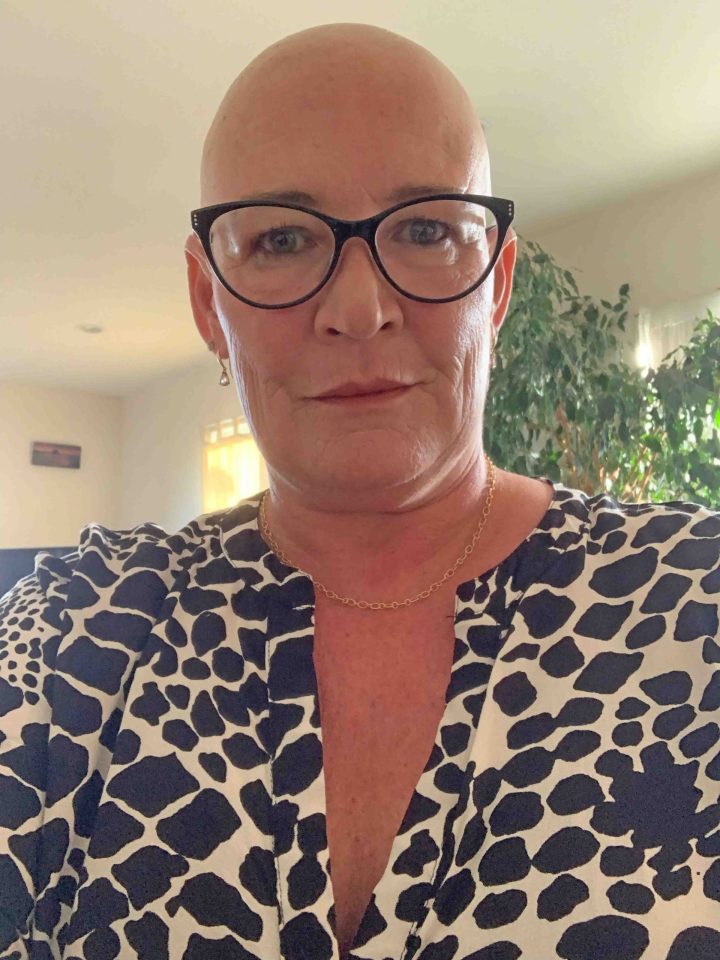
Don’t wait
Lena Kuttel, who is 49, was diagnosed with an aggressive breast cancer in December 2021, three months after she was meant to have her routine mammogram.
She says the delay could have cost her, and she’s now sharing her story, during Breast Cancer Awareness Month, to encourage other women to get their mammograms on time.
“I received a letter in August 2021 inviting me to book my mammogram. When I called them, they told me there was no staff so all appointments were being rescheduled and they’d come back to me. I forgot all about it after that.
“Then in December I noticed swelling and redness in my breast, which I thought was related to my period. When it was worse the next day, I saw my doctor and I was sent to ER. Initially they wanted to send me home with antibiotics, but I pushed to have a mammogram and ultrasound.
“The hospital didn’t do mammograms so I had an ultrasound after five days in hospital and further tests were ordered. On 13 December I was told I had breast cancer, on 14 December I got a second letter inviting me for a screening mammogram, which I obviously no longer needed.
“I was diagnosed with a 35mm aggressive tumour. At first I was told I didn’t need chemo, but during my second surgery they found more cancer that hadn’t shown up on the mammogram. I had three surgeries in all, completed three months of chemotherapy and then four weeks of radiation treatment, which finished at the beginning of August.
“If my mammogram had not been delayed, I could have been diagnosed earlier before my cancer spread and I could’ve avoided chemotherapy. I just feel lucky that I got a diagnosis at all, because it means I got treated.”
About Breast Cancer Foundation NZ
Breast Cancer Foundation NZ’s (BCFNZ) vision is to see zero deaths from breast cancer. It works towards this by pushing for new frontiers in early detection, treatment and support.
BCFNZ receives no Government funding, relying on donations from the public and its partners to fund its work.
Donations go towards programmes in four focus areas to reach ‘zero deaths’:
Education and awareness campaigns to promote the importance of early detection;
Research by NZ’s top scientific minds to advance breast cancer prevention, detection and treatment;
Support to help patients get through treatment and recovery;
Advocacy to improve access to diagnosis, treatment and care.




